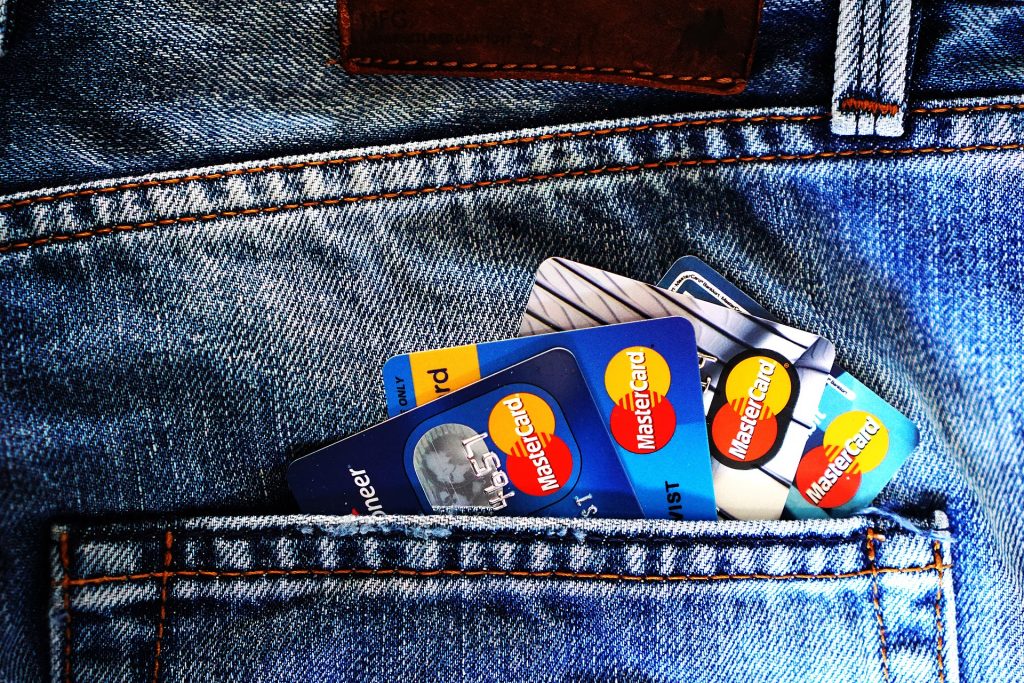Whether you are getting your first credit card or want to get an additional one to build your credit and have more funds available, you will want to make sure you choose the right one. When used properly, a credit card can build your credit score, give you rewards, or even help you reduce your debt. But choosing the wrong card can make your debt worse. Avoid issues with the following considerations.

Consider the Type of Credit Card
There are several different types of cards, each of which appeals to a different person in a unique situation of life. Some of the options include:
- Secured credit cards.
- Student credit cards.
- Credit cards for those with bad credit.
- Reward credit cards.
- 0% APR cards.
- Balance transfer cards.
Consider How You Will Use It
Think about how you will use the card, specifically whether you are likely to carry a balance. For example, if you expect to carry a balance, choose one with a low interest rate.
Look at the APR
No matter your situation or plans, always look at the APR (annual percentage rate), which is the interest rate. This will apply any time you carry a balance, so it is crucial to know. Keep in mind your card may have a different APR for cash advances, balance transfers, and purchases.
Check the Grace Period
This is how long you can wait to pay your balance before you start being charged interest. A longer grace period will save you money.
Choose a Credit Limit
Go back to how you will use the card. Think about how much of a balance you will need to have available each month.
Consider the Fees
Some credit cards charge various fees while others are fairly fee-free. Look for things like:
- Annual or monthly fees.
- Late fees.
- Over-limit fees.
Other Features to Consider
In addition to all of the above factors, you should also think about the following:
- The ability to earn rewards.
- Free credit score monitoring.
- Reporting payments to all credit bureaus.
- No annual fees.



